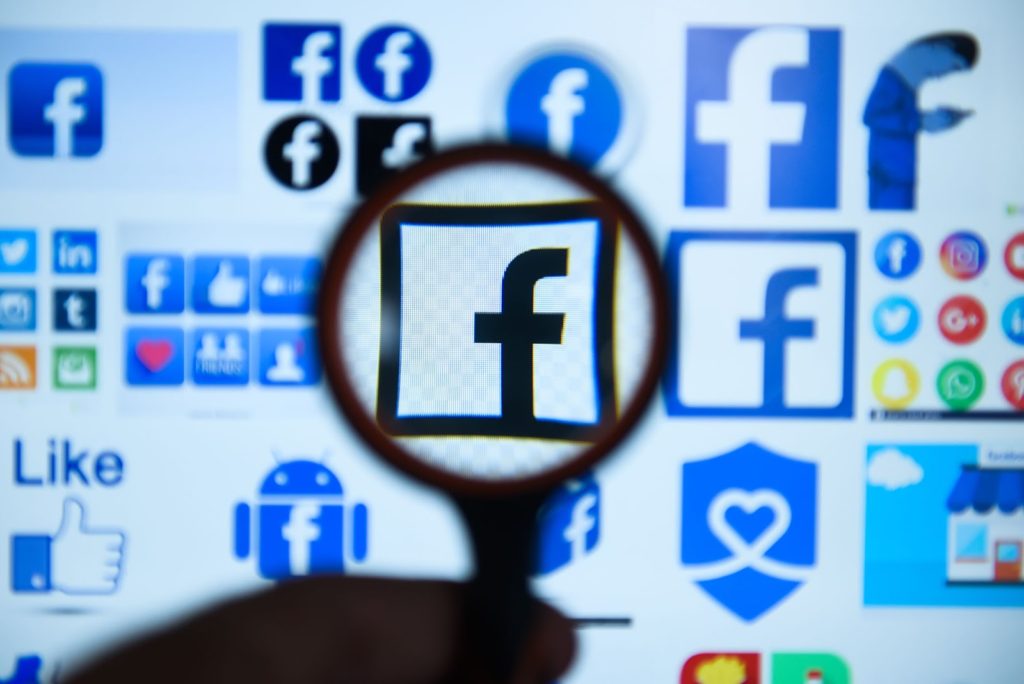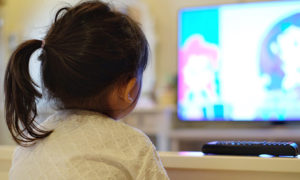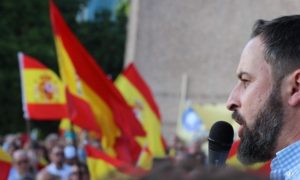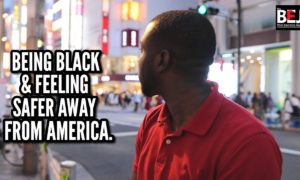Every minute, more than 500 hours of video are uploaded to YouTube, 350,000 tweets are sent, and 510,000 comments are posted on Facebook. Managing and curating this firehose of content is an enormous task and one which grants the platforms enormous power over the contours of online speech. This includes not just decisions around whether a particular post should be deleted, but also more minute and subtle interventions that determine its virality. From deciding how far to allow quack ideas about COVID-19 to take root, to the degree of flexibility that is granted to the President of the United States to break the rules, content moderation raises difficult challenges that lie at the core of debates around freedom of expression.

Platforms’ power over the public discourse is partly the result of a conscious decision by global governments to outsource online moderation functions to these private sector actors. Around the world, governments are making increasingly aggressive demands for platforms to police content which they find objectionable. The targeted material can range from risqué photos of the King of Thailand to material deemed to insult Turkey’s founding president. In some instances, these requests are grounded in local legal standards, placing platforms in the difficult position of having to decide how to enforce a law from Pakistan, for example, which would be manifestly unconstitutional in the United States.

Even though the biggest platforms have made efforts to globalize their operations, there is still a massive imbalance in the ability of journalists, human rights activists, and other vulnerable communities to get through to the U.S.-based staff who decide what they can and cannot say. When platforms do branch out globally, they tend to recruit staff who are connected to existing power structures, rather than those who depend on the platforms as a lifeline away from repressive restrictions on speech. For example, the pressure to crack down on “terrorist content” inevitably leads to collateral damage against journalism or legitimate political speech, particularly in the Arab world. In setting this calculus, governments and ex-government officials are vastly more likely to have a seat at the table than journalists or human rights activists. Likewise, the Israeli government has an easier time communicating their wants and needs to Facebook than, say, Palestinian journalists and NGOs.

Ultimately, our hope in this series is to shed light on the impacts of platforms’ decisions around the world and provide guidance on how social media platforms might do a better job of developing and applying moderation structures that reflect their needs and values of their diverse global users.
























